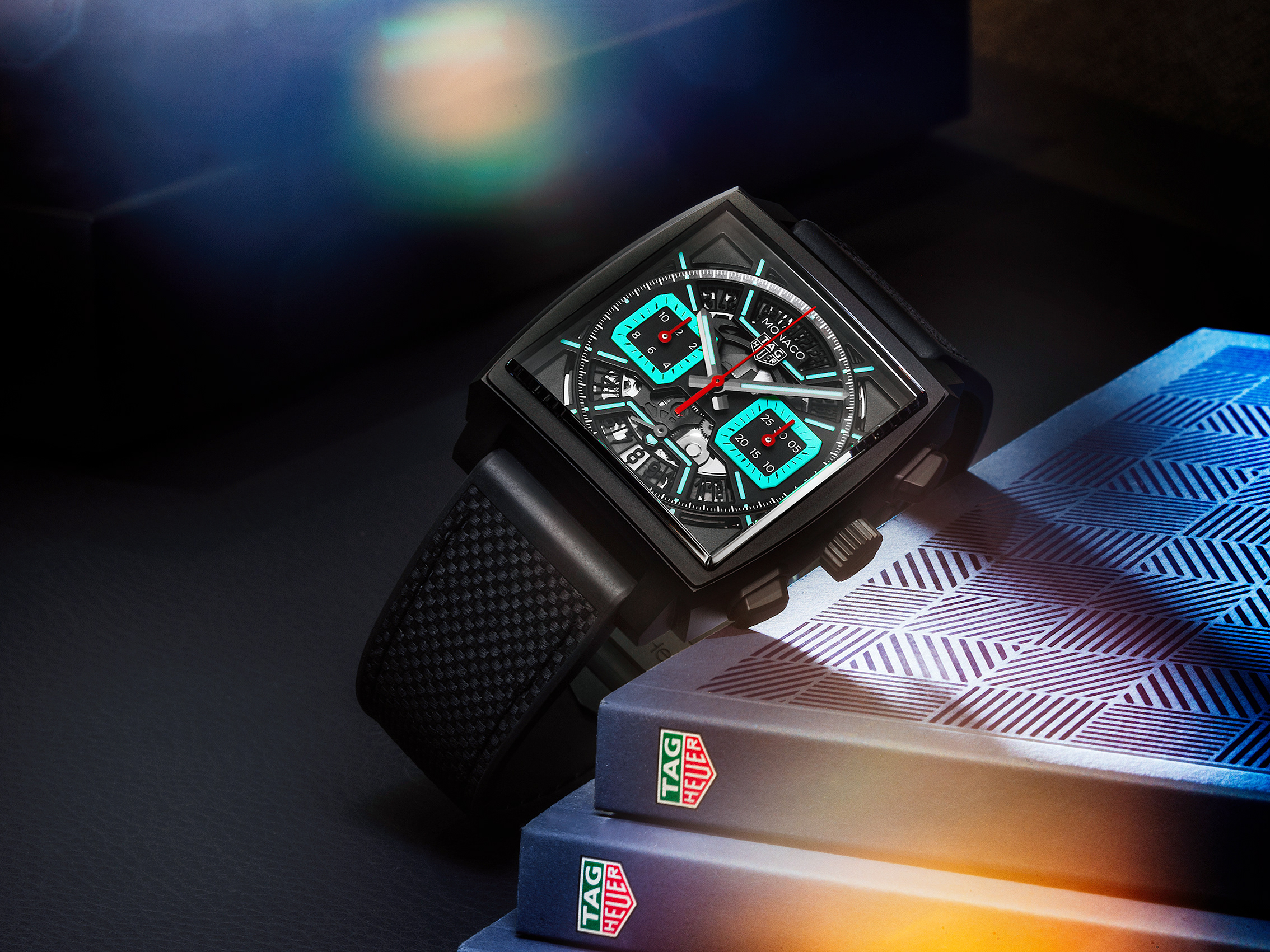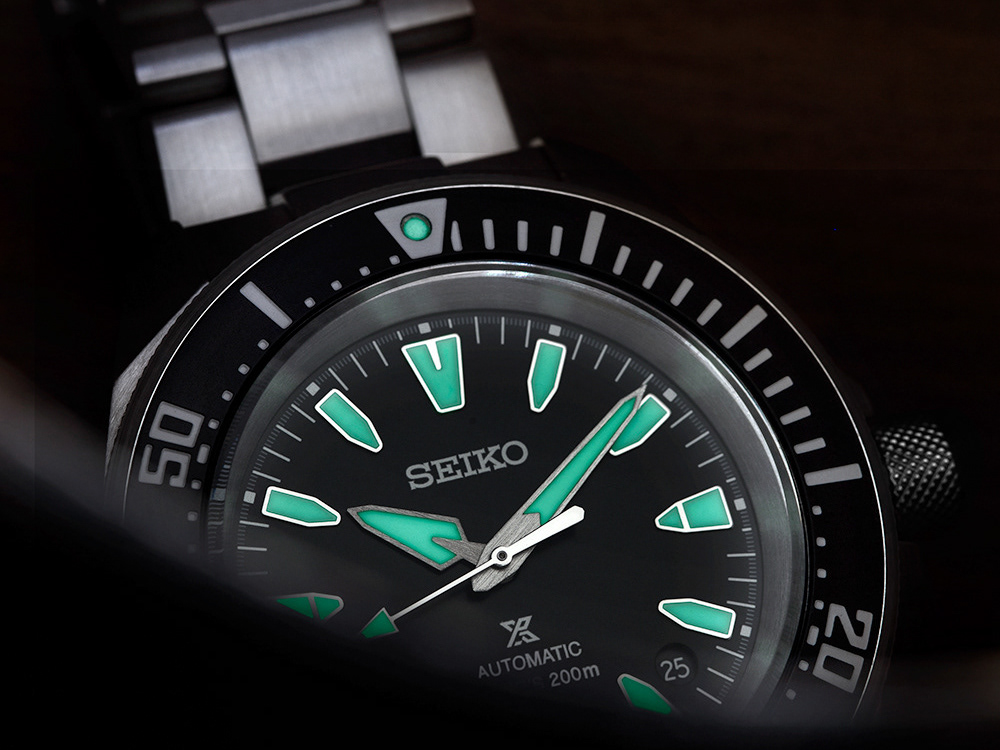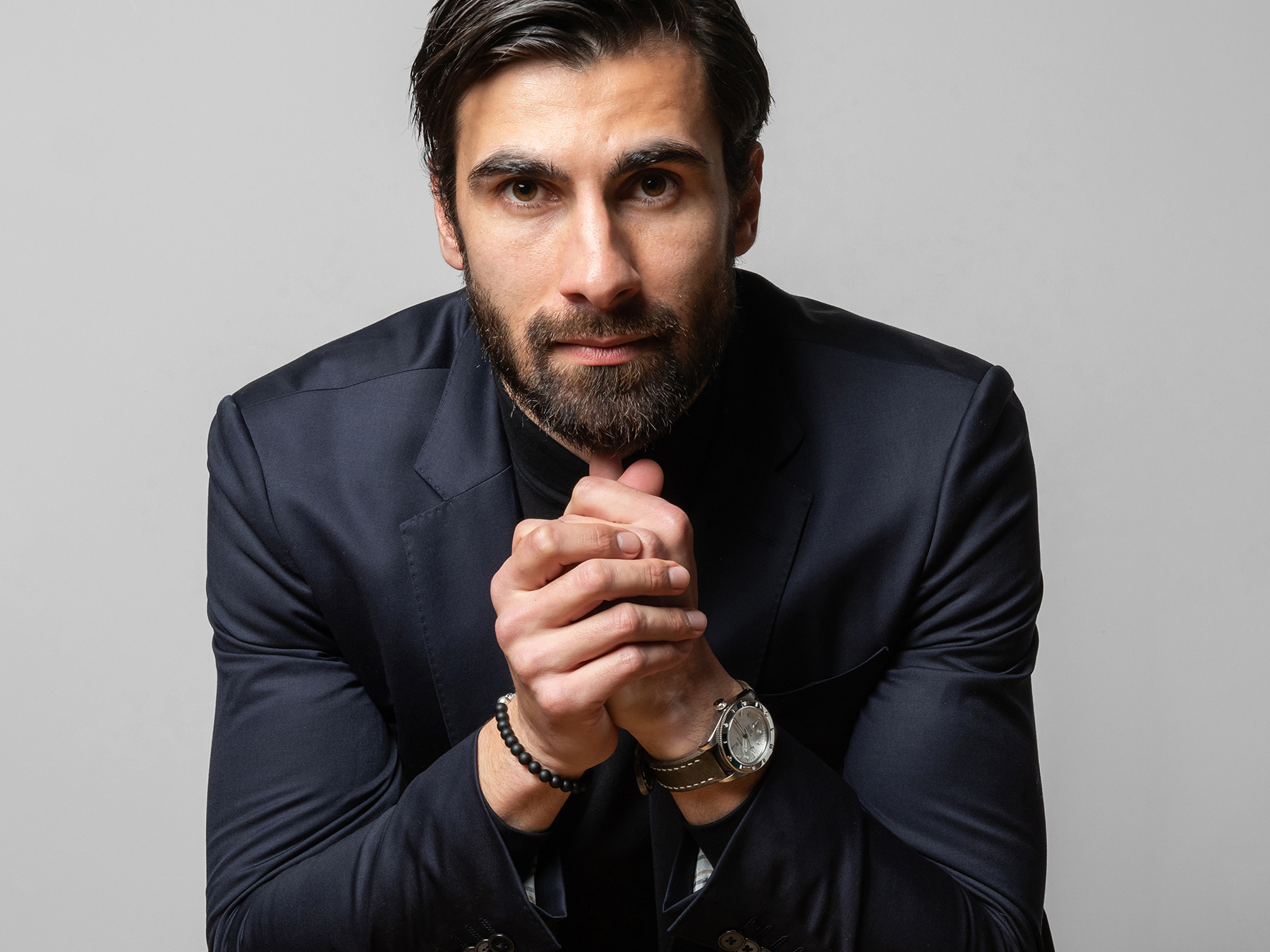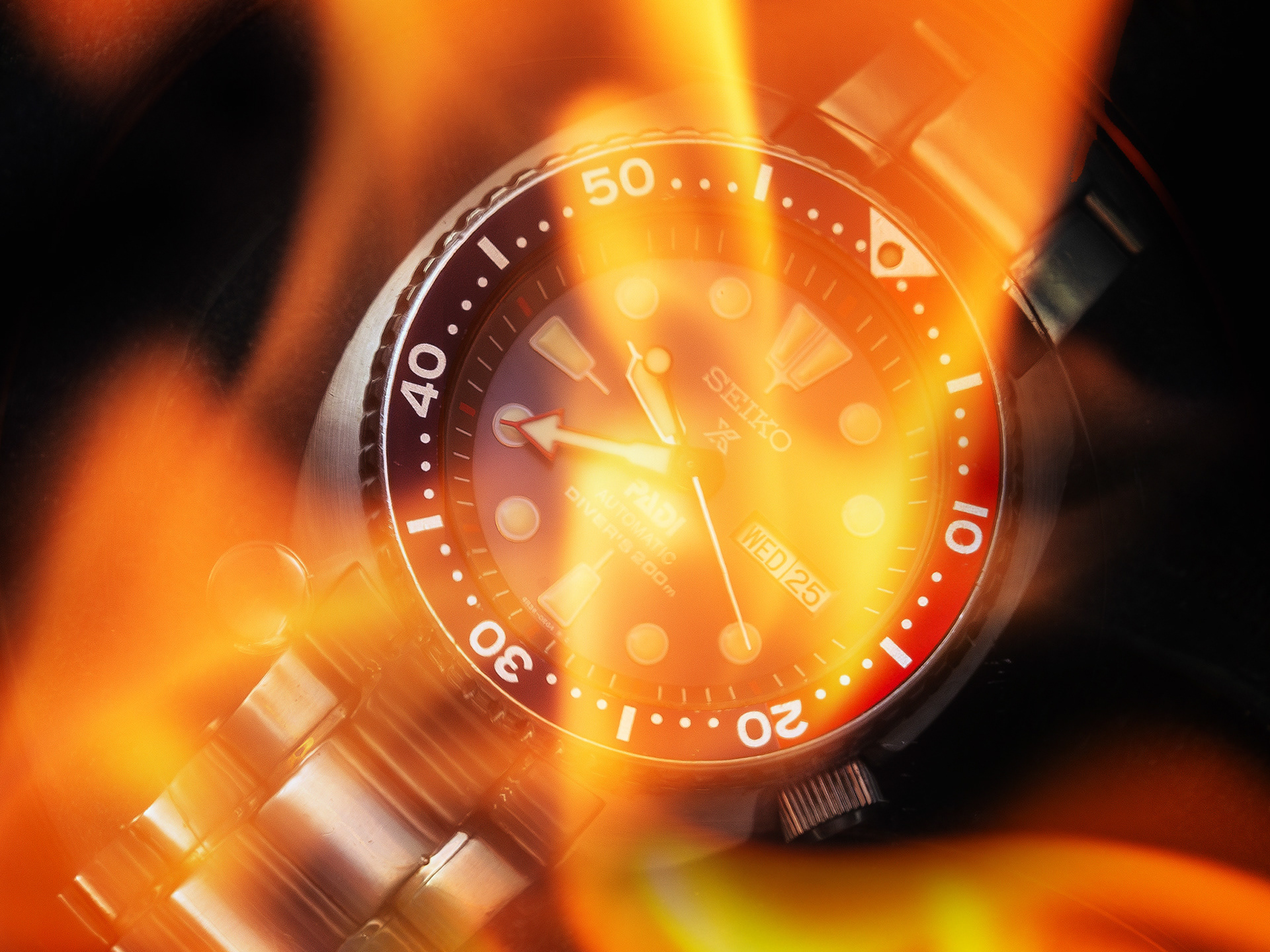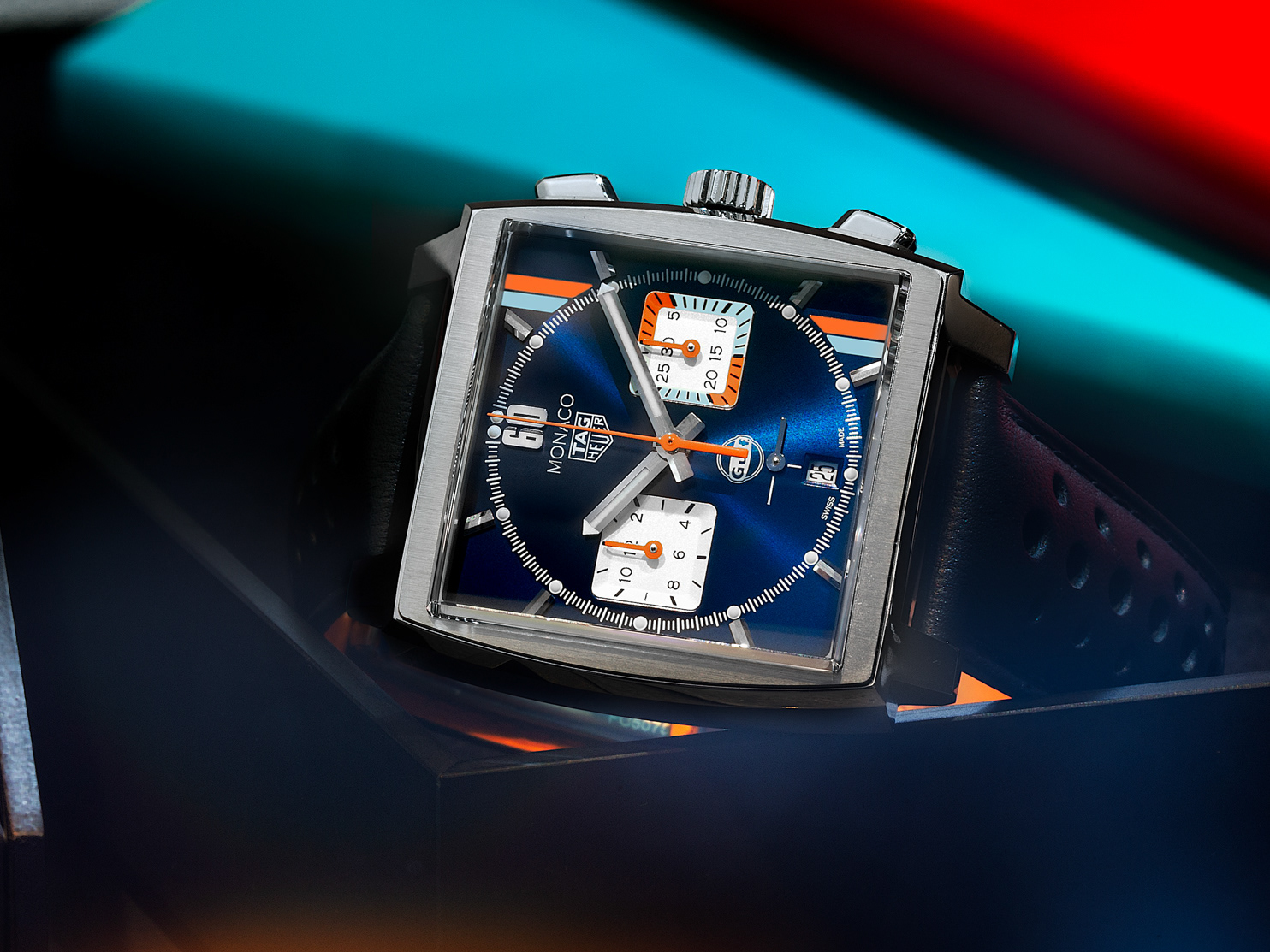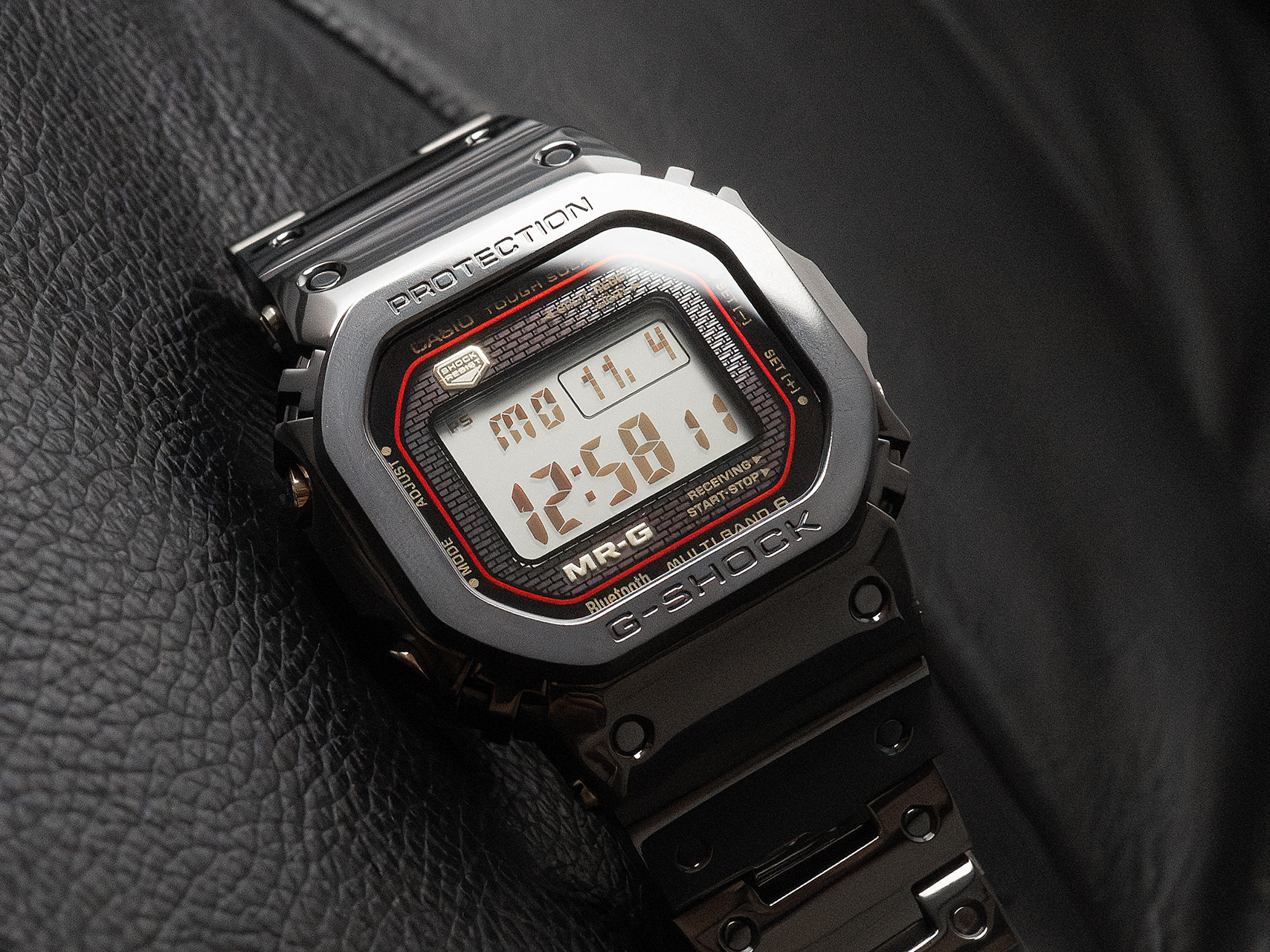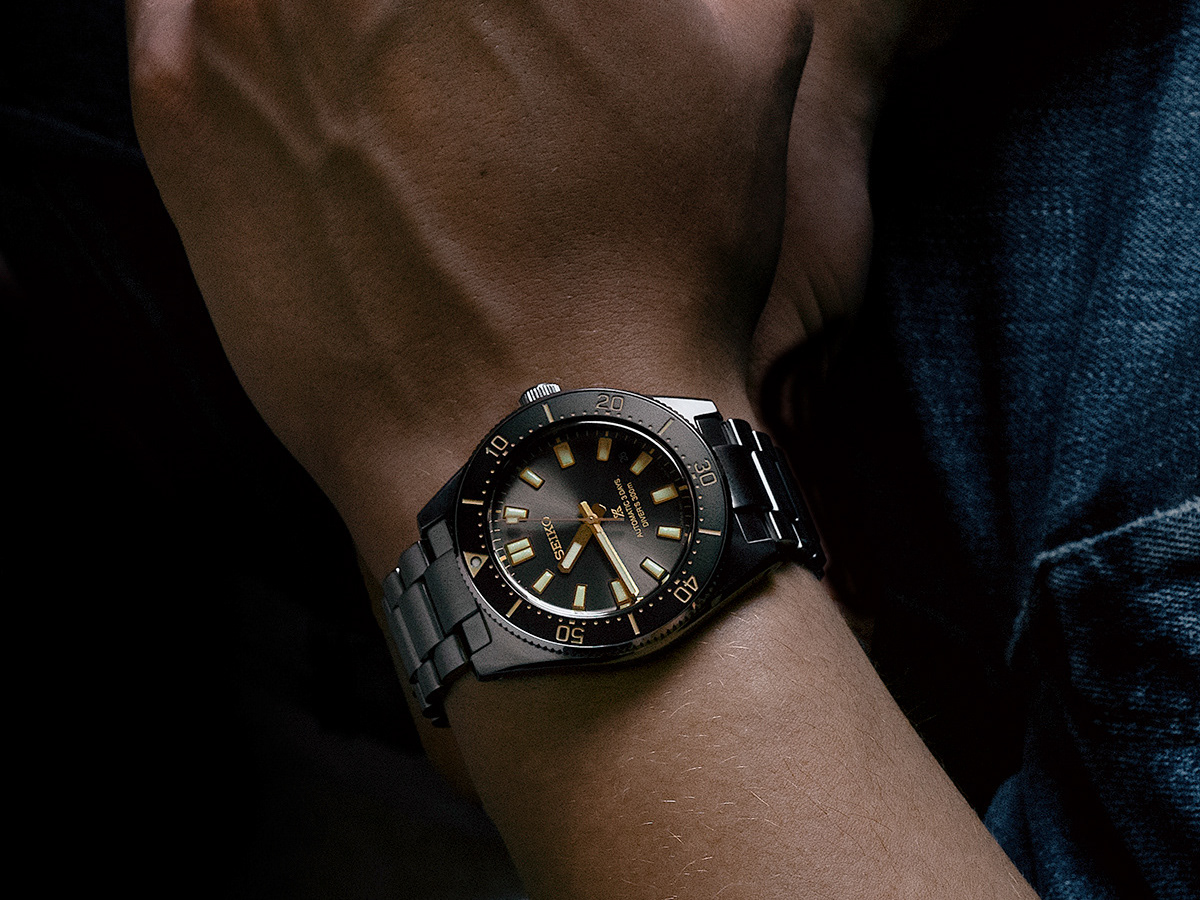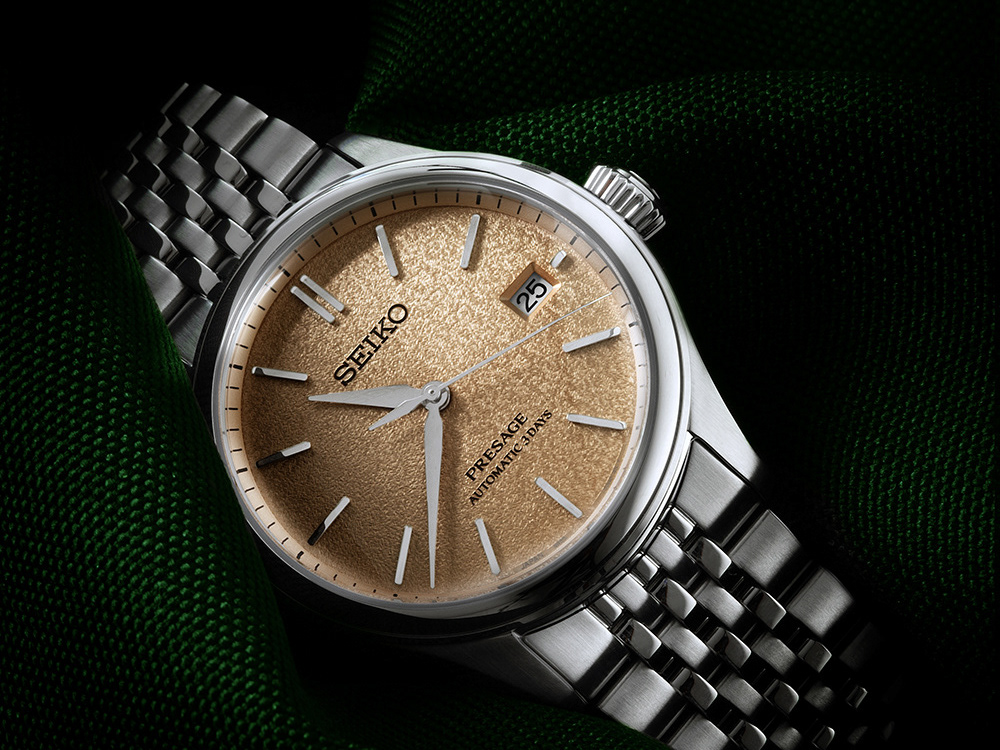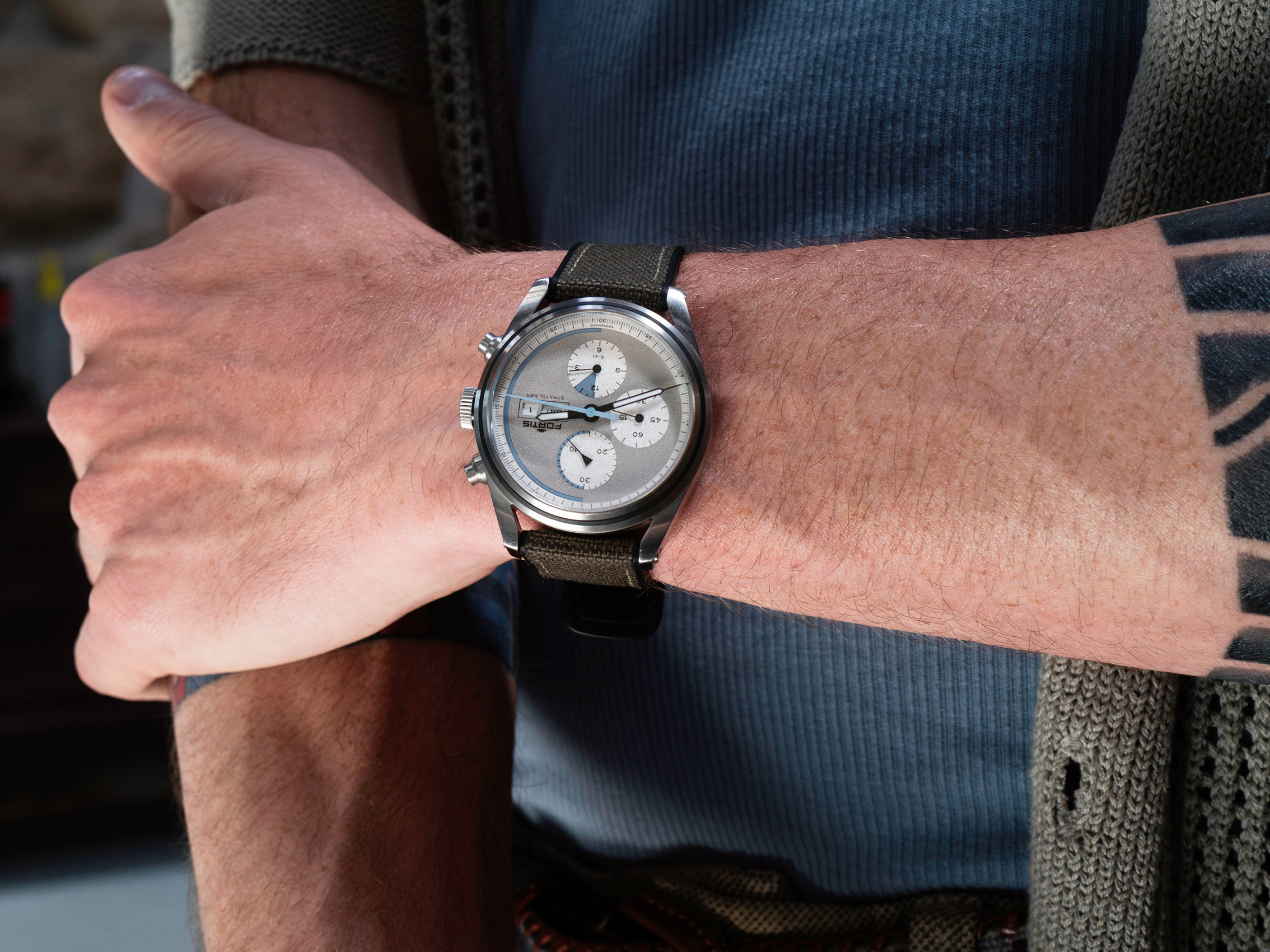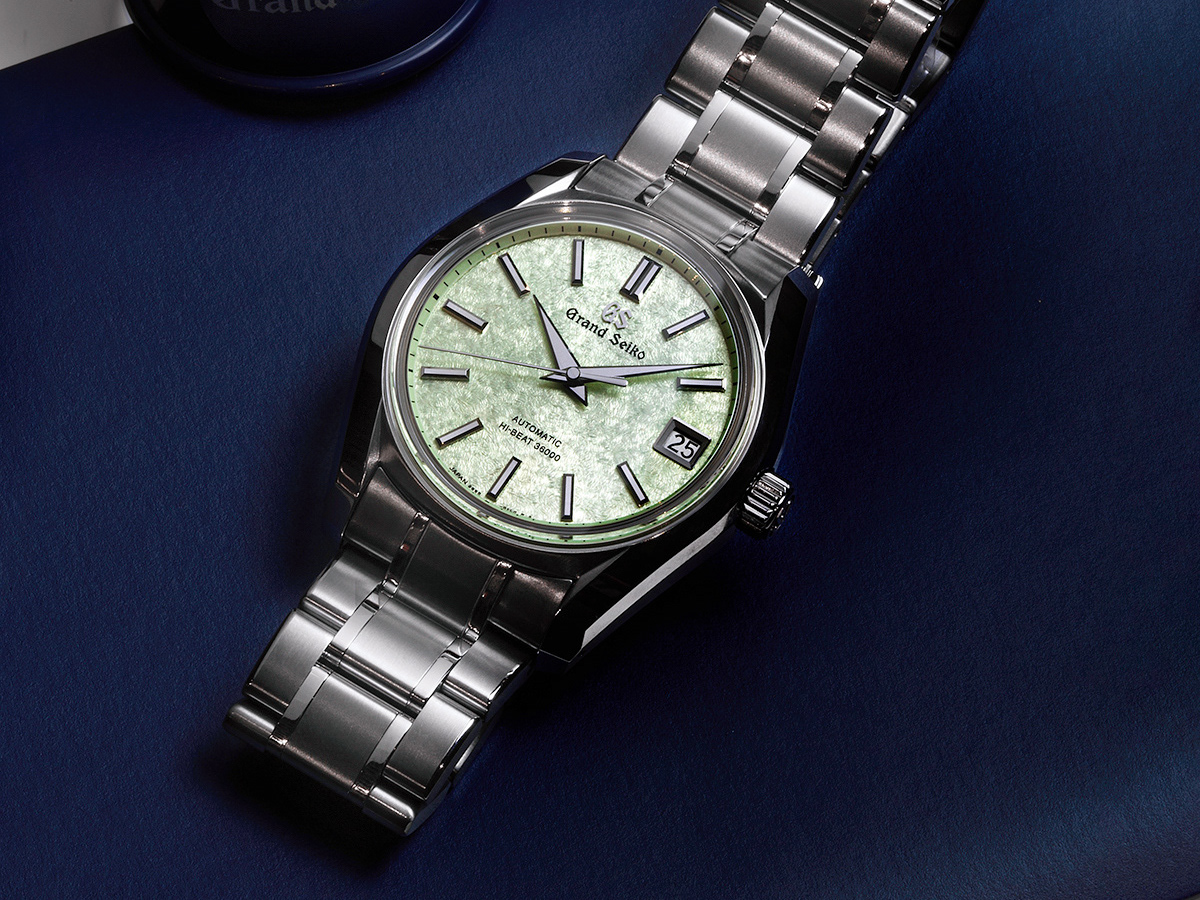The French philosopher Henri Bergson, Nobel Prize winner in Literature in 1927 who knew nothing about watchmaking nevertheless had interesting ideas about time. The time marked by clocks and human time.
For this distinguished thinker there is a difference between Time and Duration. What Henri Bergson calls Time is the time marked by clocks: seconds, minutes, hours, days, and so on.
However, our lives are not lived in this way. Sometimes seconds feel like hours, days that feel like minutes. Our time compartments mix, change, and enhance different perceptions, and it is this whole set of experiences that Bergson called Duration. Duration, therefore, is a fluidity in which nothing is isolated but rather part of a more complex whole.
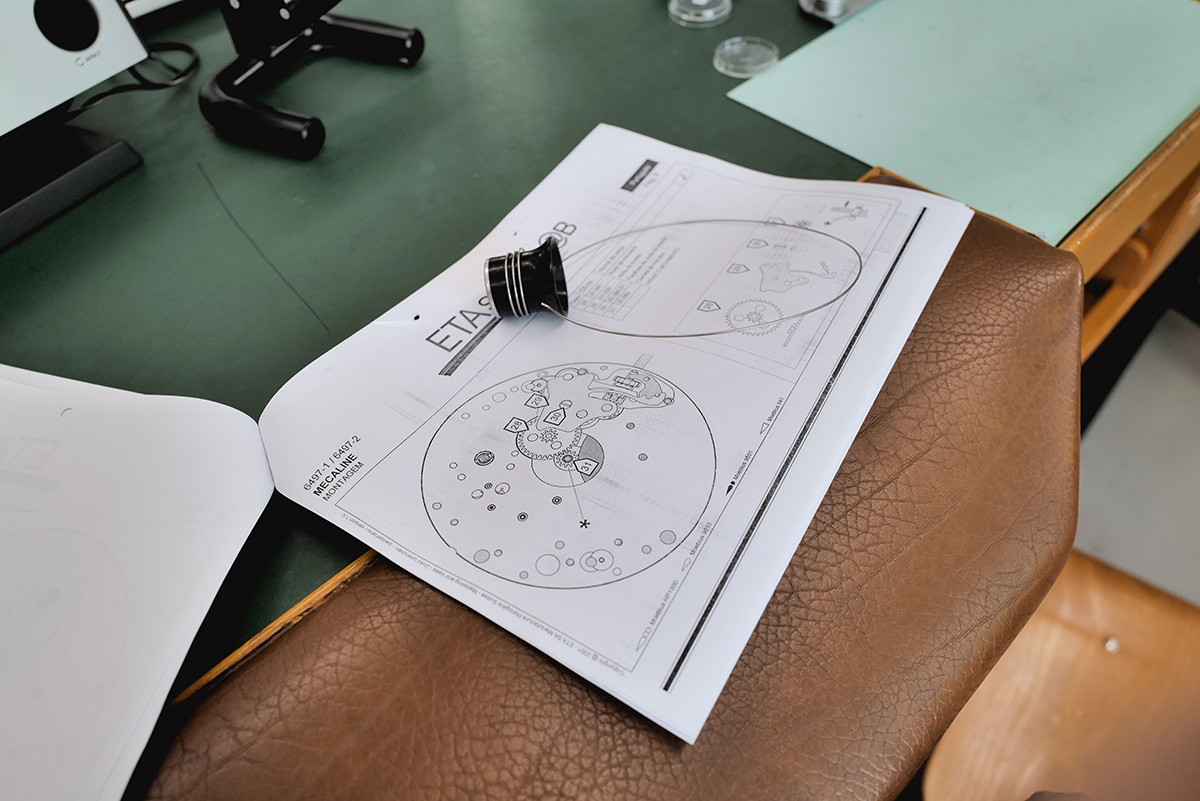
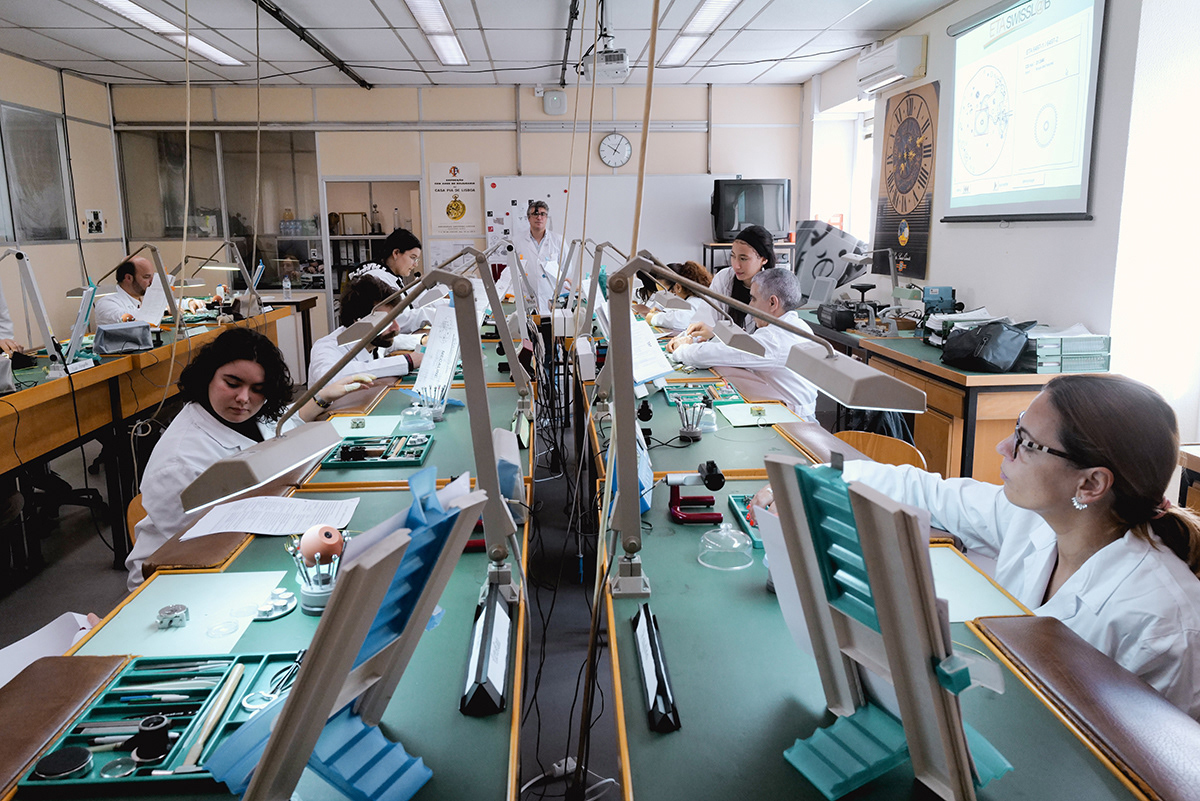
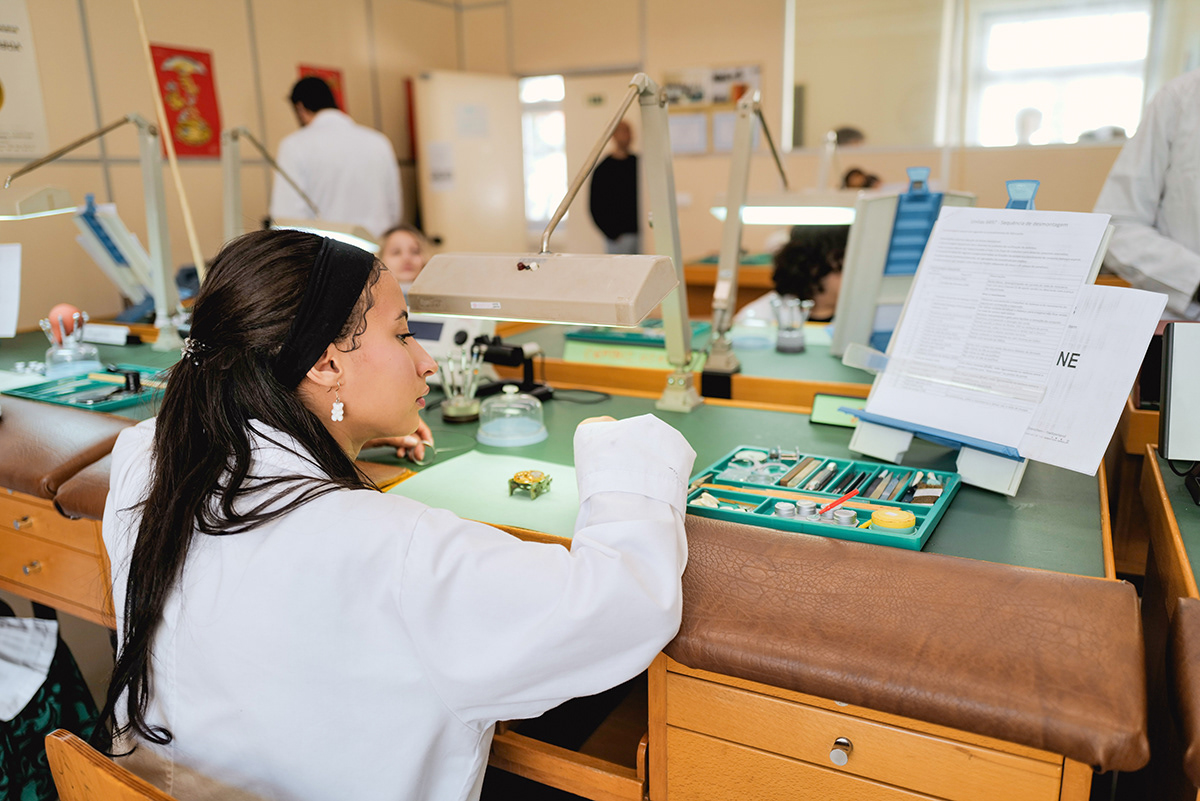
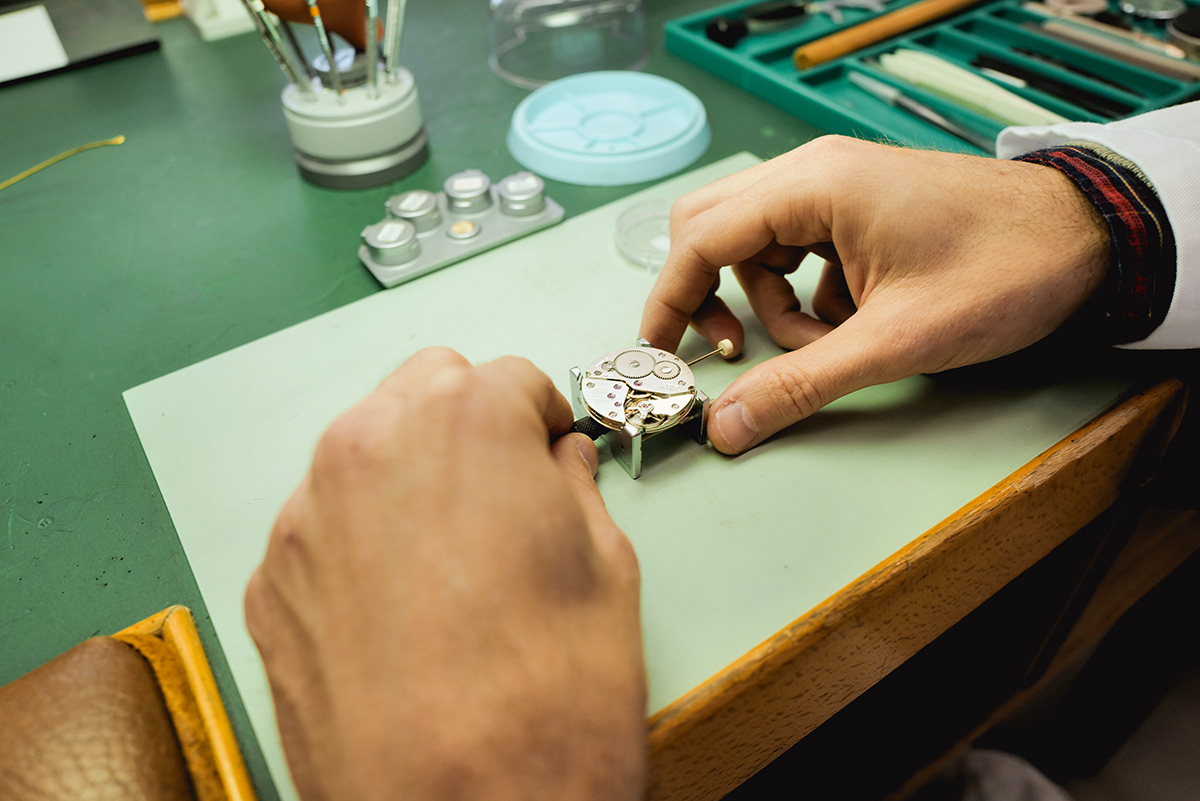
No matter the brand, price range, country of origin or the type of watch, one thing is as certain as me sitting here writing this: at some point, those watches will need technical assistance. Whether it's to change a battery, adjust a bracelet, or service a perpetual calendar with minute repetition and split-seconds chronograph.
Certain exclusive pieces are inherently destined to return to the "mother ship" for any service or repair. Obviously, I’m referring to top-tier pieces where the technical service is premium.
A little lower on the scale, many luxury brands use external services in various countries for the technical assistance of their watches. They provide training and updates to technicians and certify their work according to the brand’s protocols. This strategy avoids an unsustainable burden of a giant in-house technical assistance department and also mitigates the factor that most exasperates any customer: the waiting time!
At yet another level, there are millions of watches in this world that need technical assistance and do not fit into the above categories. Those left to us by someone special, the vintage passion, or a more recent model that, like all others, has reached its time for a check-up. And now?
Now is often the time when the harsh reality of the scarcity of watchmaking technicians hits us.
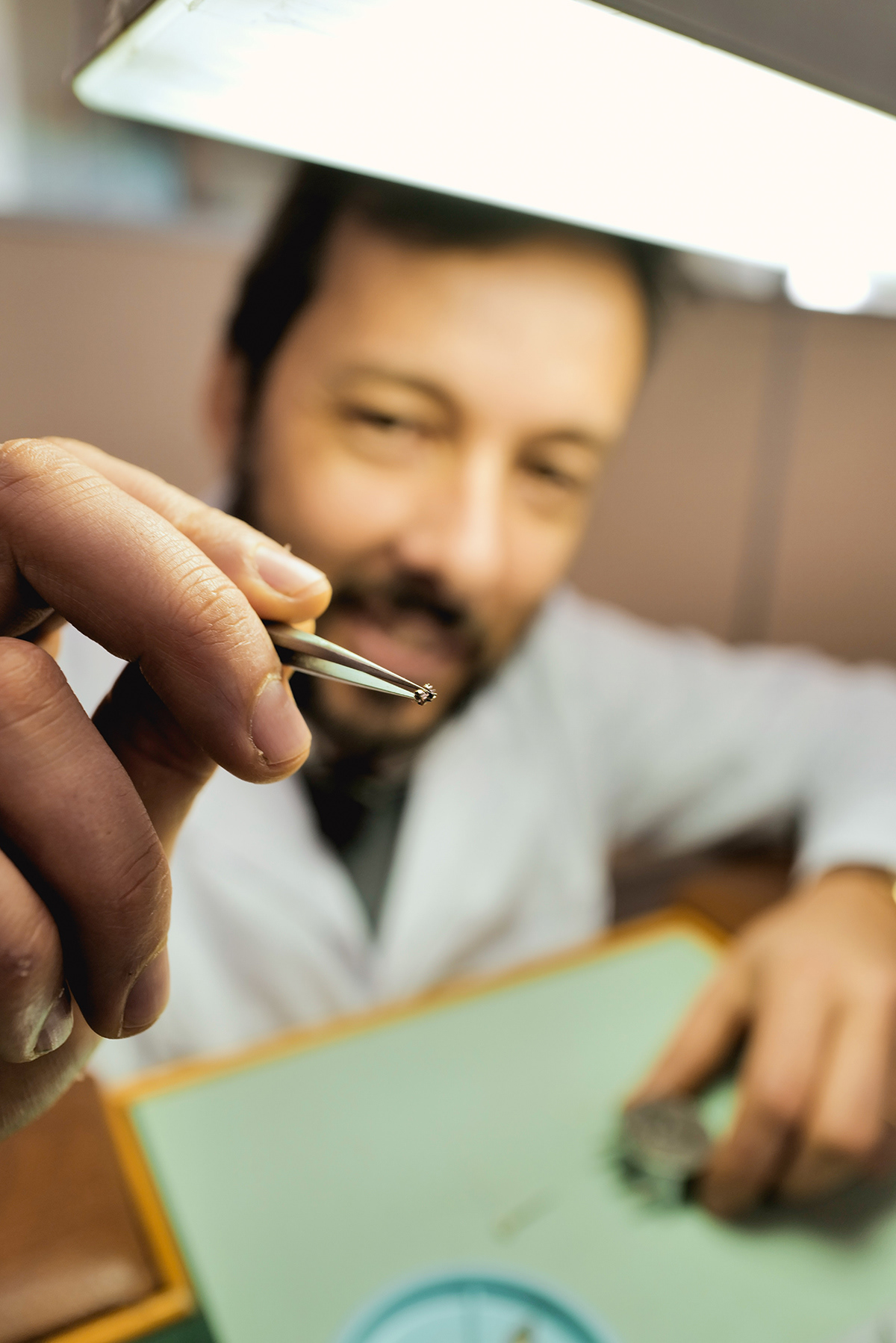
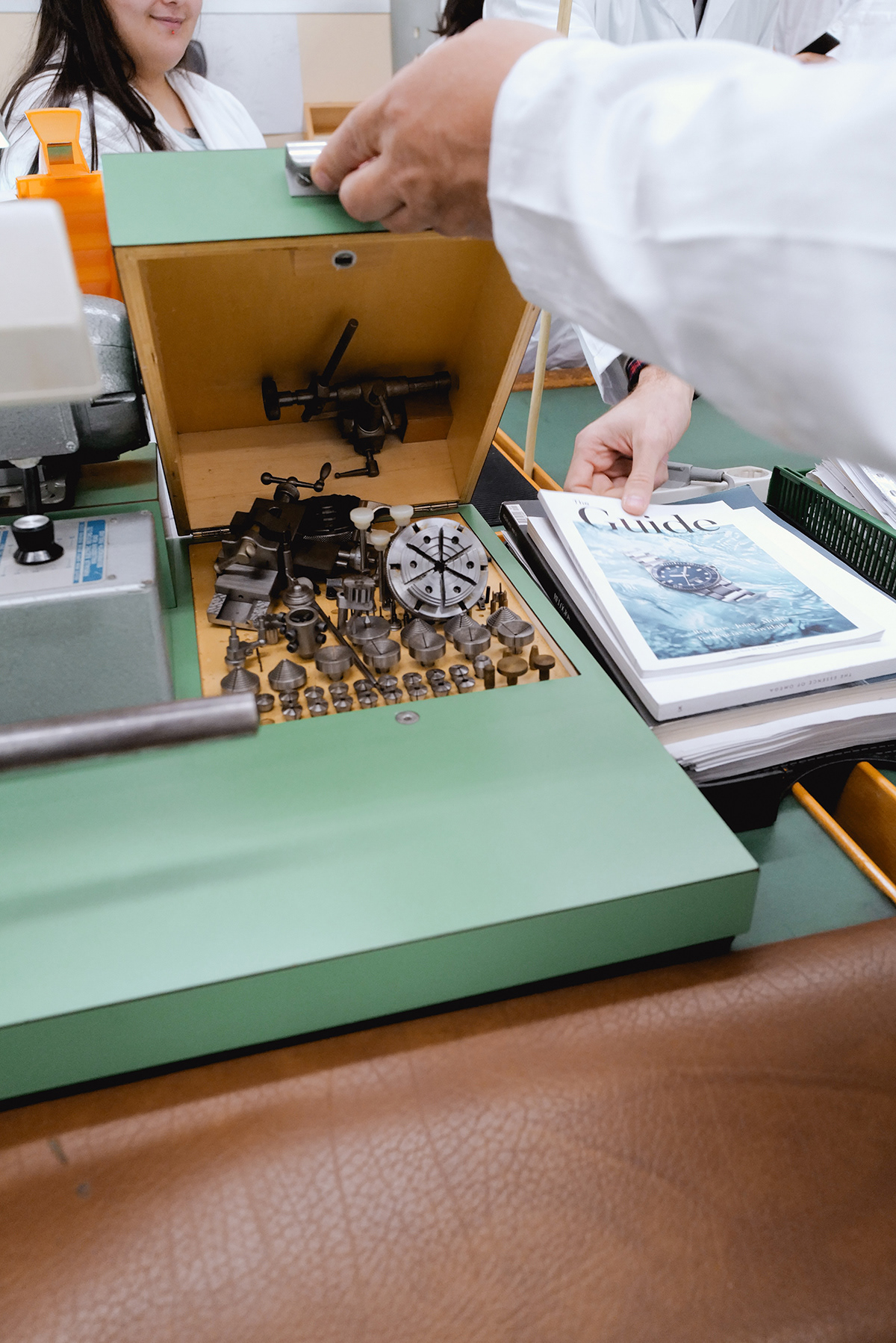
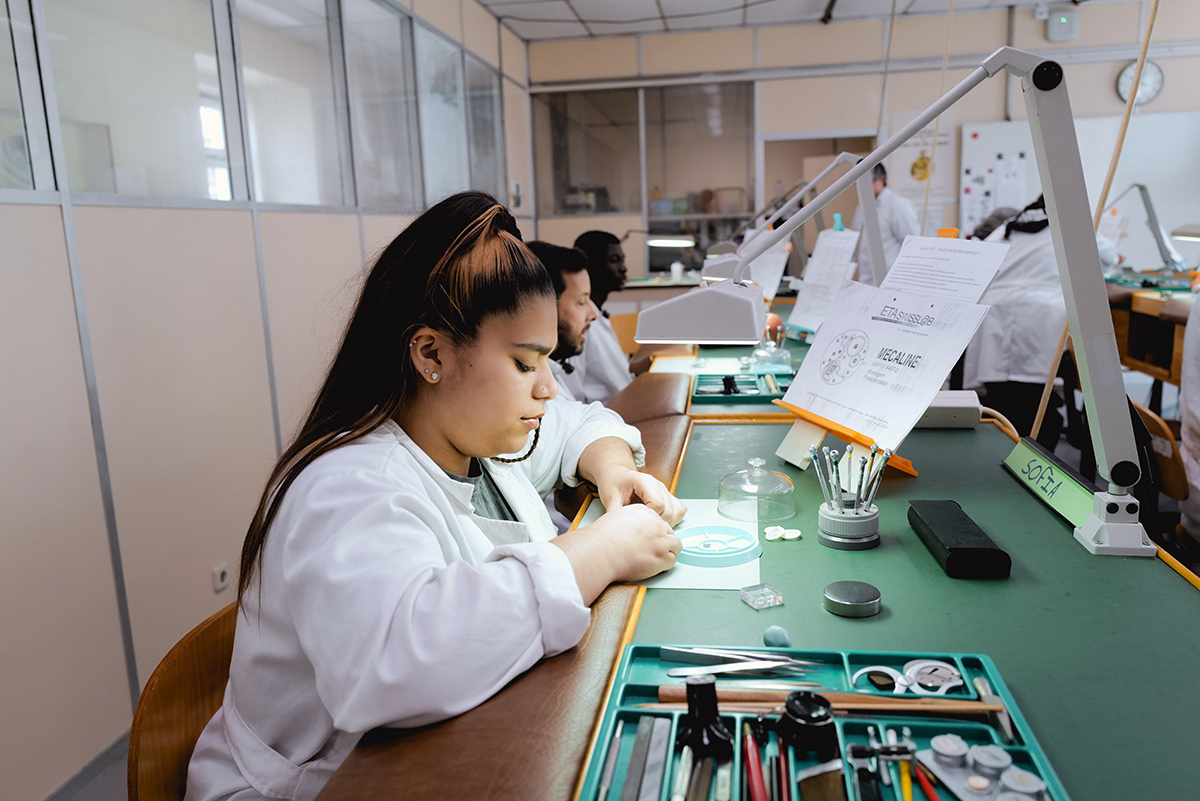
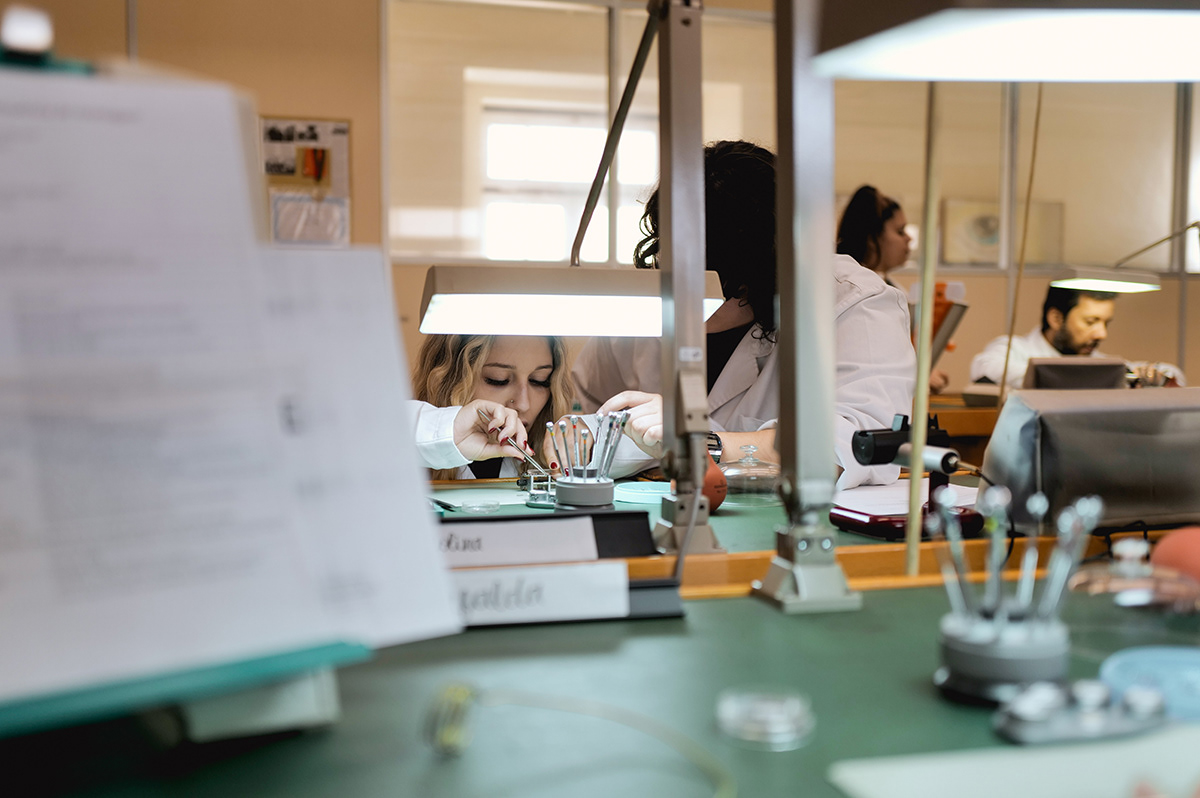
The Time of the French philosopher I mentioned at the beginning of this text are all the isolated moments. The launch of a new model (more and more just a fleeting moment) the courtship of a new watch, its purchase or each time we admire it. Duration is the interconnection of all the moments, the eternal fluidity of which technical assistance is a fundamental part, but one we only remember when we need it.
All this follows a generous invitation I received at the beginning of the year to participate in the open day of the training offer at Casa Pia de Lisboa, particularly its Watchmaking Technician class. A day when prospective students, members of the press, and enthusiasts could get a closer look at the watchmaking training reality in Portugal at an emblematic institution that, regardless of the Duration of Time (pun intended), does not give up on keeping alive the tradition of training watchmaking technicians.
This class struggles with the low demand from students, which is the main problem. The professional option of technical watchmaking assistance is much less known than others, and as such, the number of enrollees is always quite low.
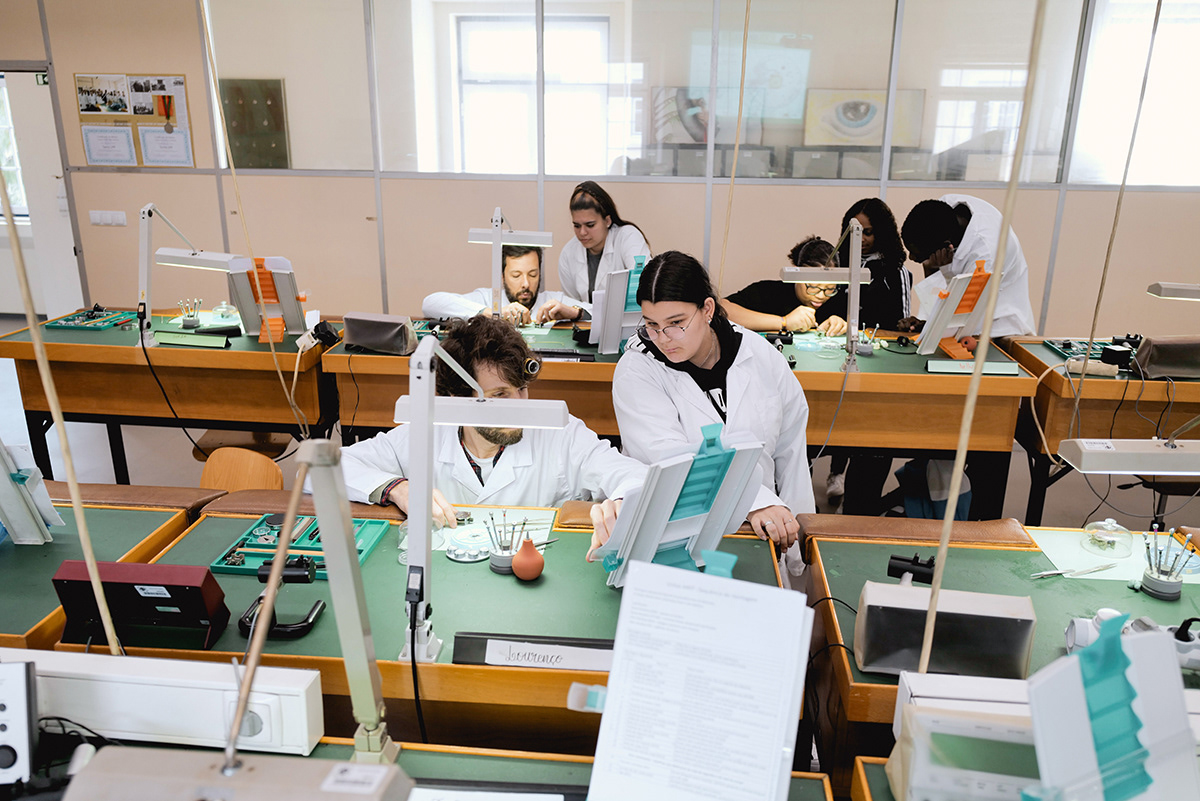
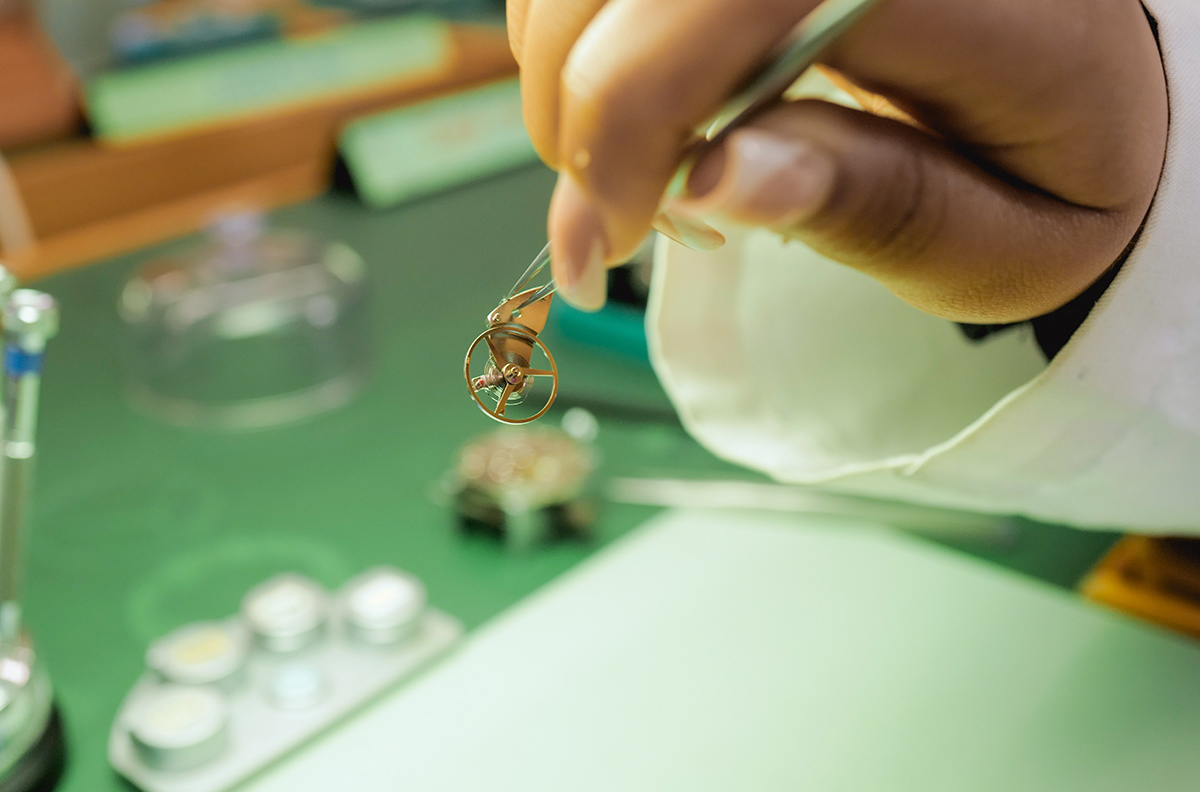
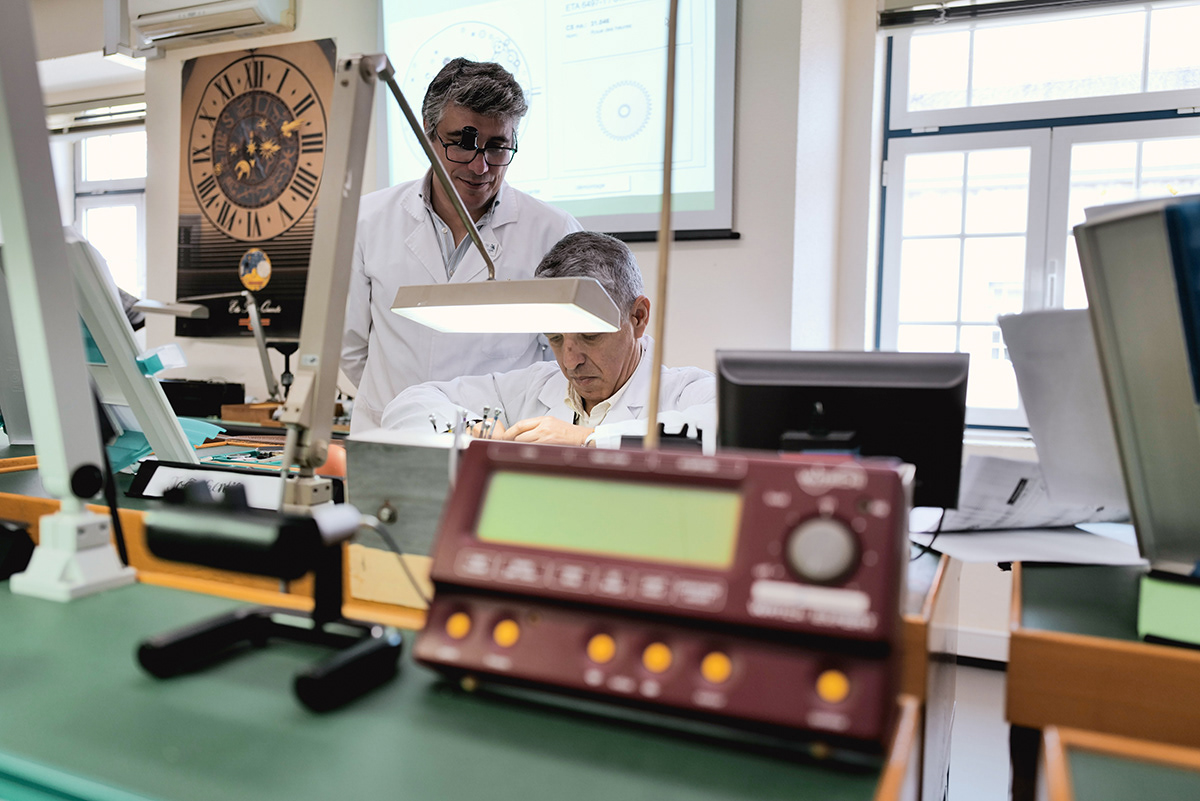
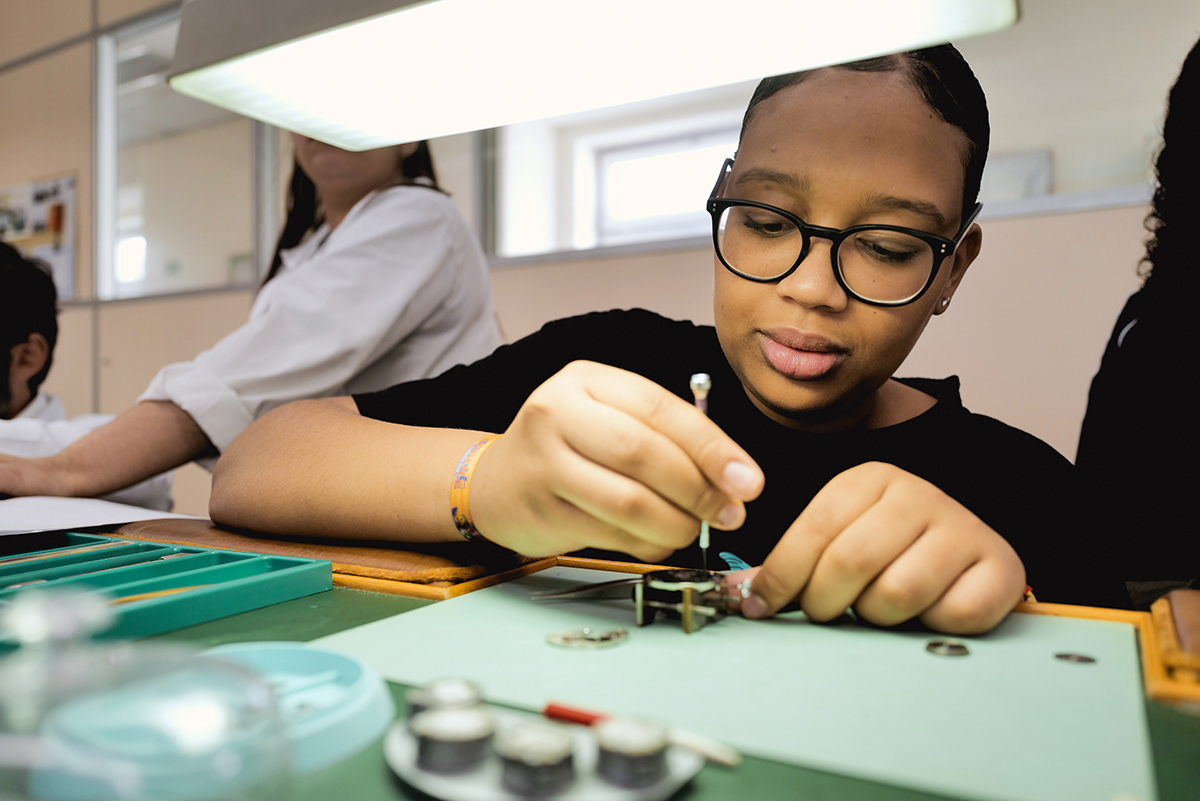
But how can more young people be convinced to follow this professional path?
Information and more information, spreading the message, cultivating the passion. This is the way, I believe, and it was heartening to be with these young people and to make them feel that each one is, in this particular world of watchmaking, absolutely precious.
This is a topic that should concern us as well, as enthusiasts, consumers, and especially as current and future customers of technical assistance services.
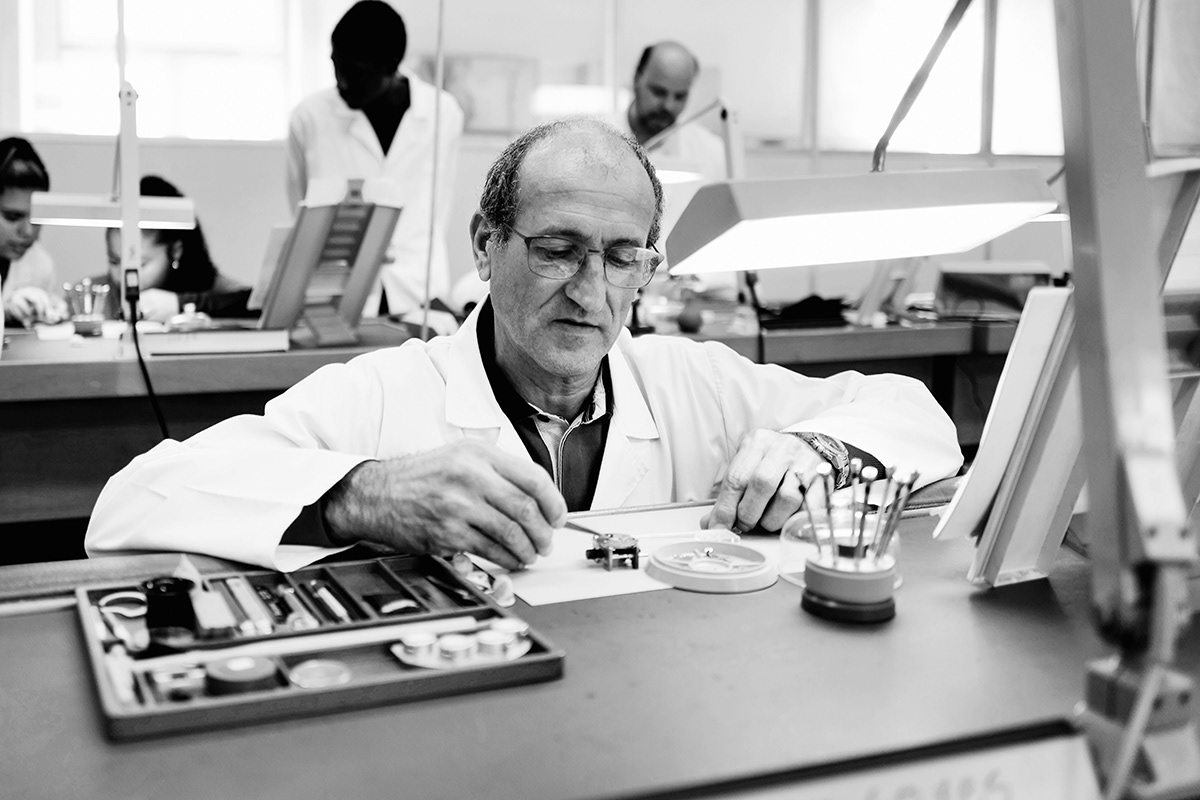
Master Paulo Anastácio, coordinator and director of the course.
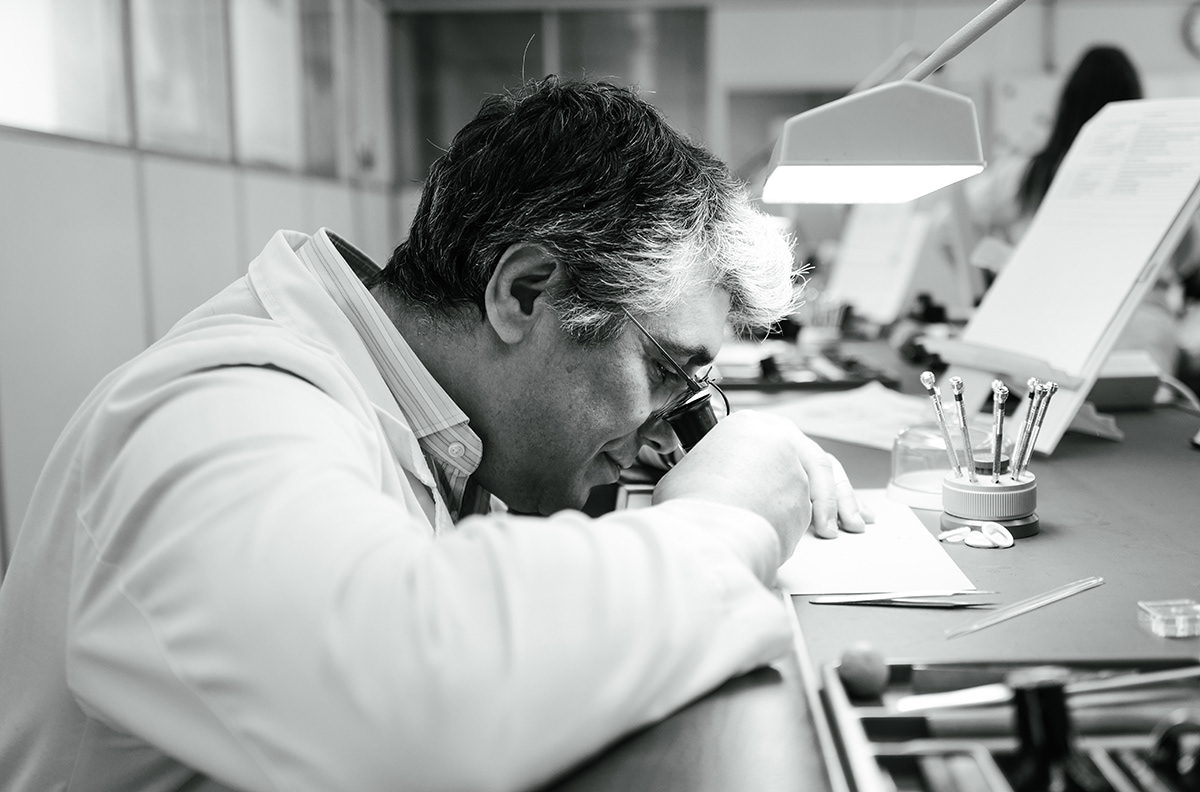
Master Bruno Leal, technical teacher and specialized technician.
It was a pleasure to participate in Casa Pia de Lisboa’s Open Day initiative, and it was an honor to be with these future technicians who are daily accompanied and encouraged by Master Paulo Anastácio, coordinator and director of the class, and Master Bruno Leal, technical teacher and specialised technician.
To all of them, a big thank you.

